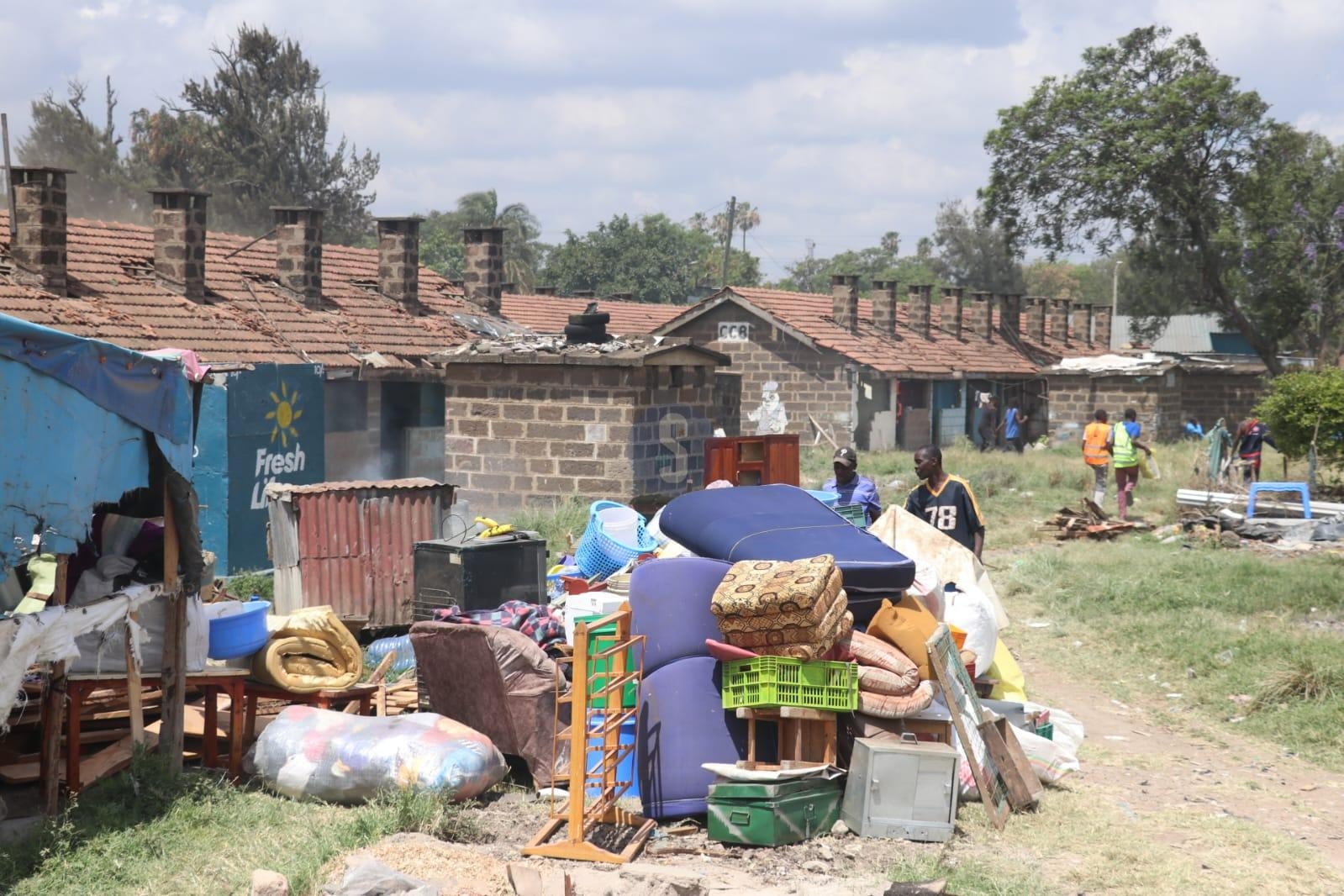The 15th BRICS Summit was successfully held in South Africa on August 22-24. Among the key issues at the forum was the desire to open the group to more countries. Over 40 countries expressed interest in joining the BRICS; elevating its role as an alternative platform for inclusive dialogue on global governance and development.
Six countries, namely Ethiopia, Egypt, Irian, Argentina, Saudi Arabia and the United Arab Emirates, are now set to be full members of the BRICS formation beginning January 2024. This is a major win for multilateralism and South-South cooperation.
Following the first summit in 2009, BRICS, an acronym of five major emerging economies namely: Brazil, Russia, India, China and South Africa has become a strong galvanising force – winning support and approval of many countries, especially in the global south. The increase in the number of countries keen to join the BRICS family is driven by a number of factors.
The BRICS economies collectively represent 40 per cent of the world's population and over 26 per cent of the global economy. Joining the forum offers countries the potential for increased economic opportunities, trade and investment. Access to these large markets can promote export diversification and stimulate economic growth and development in the emerging economies.
In an increasingly polarised world, BRICS offers a new path to fashion a more inclusive global economic and political order, which has been dominated by Western powers. Joining BRICS allows countries to align themselves with a group that seeks to promote multipolarity and a more equitable international system. It provides an opportunity to enhance geopolitical influence and strengthen their voice in global decision-making forums.
BRICS has also initiated a number of mechanisms for development cooperation among its members. These include the New Development Bank and the Contingent Reserve Arrangement. These mechanisms provide financial assistance and support for infrastructure development projects and other initiatives in BRICS countries and beyond.
The NDB has so far committed over $33 billion (Sh4.8 trillion) to over 96 infrastructure projects. In May 2023, the bank announced that it will fund greater share of the project in local currencies.
Similarly, as a financial safety net, the CRA provides a framework for member countries to provide mutual support in times of financial crisis by offering liquidity support. Such utility and currency liberalisation have proven quite attractive for countries seeking developmental assistance.
A model for South-South cooperation, BRICS represents a significant force in South-South cooperation, which refers to collaboration and exchange of resources, technology, knowledge and culture among developing countries.
BRICS countries often coordinate their positions on global issues, including trade, climate change and reform of global governance institutions. By joining BRICS, countries can engage in collective bargaining and negotiations with other major economies, giving them a platform to advocate for their interests on a global scale.
These factors collectively act as pull factors for many countries to join BRICS formation. It is important to note that majority of the countries with interest to join BRICS are from Africa. Gleaming from productive development cooperation with China, African economies appreciate the need to engage countries with similar development aspirations; backed by proven track record of interest in African economic transformation agenda.
President Xi Jinping’s message of seeking development through solidarity while jointly shouldering responsibility for global peace captured the essence of the BRICS formation. Several agreements reached during the 2023 Summit will play an important role in anchoring economies while fostering amity among the countries.
BRICS has created momentum for a more inclusive development. It has won hearts across the world. Many of the development concerns of emerging economies can be addressed through strong and functional BRICS leadership. This is particularly important as many countries face economic reconstruction from the impacts of Covid-19 pandemic; climate crisis and the hostilities in Eastern Europe.
Scholar of international relations with a focus on China-Africa development cooperation. @Cavinceworld.













